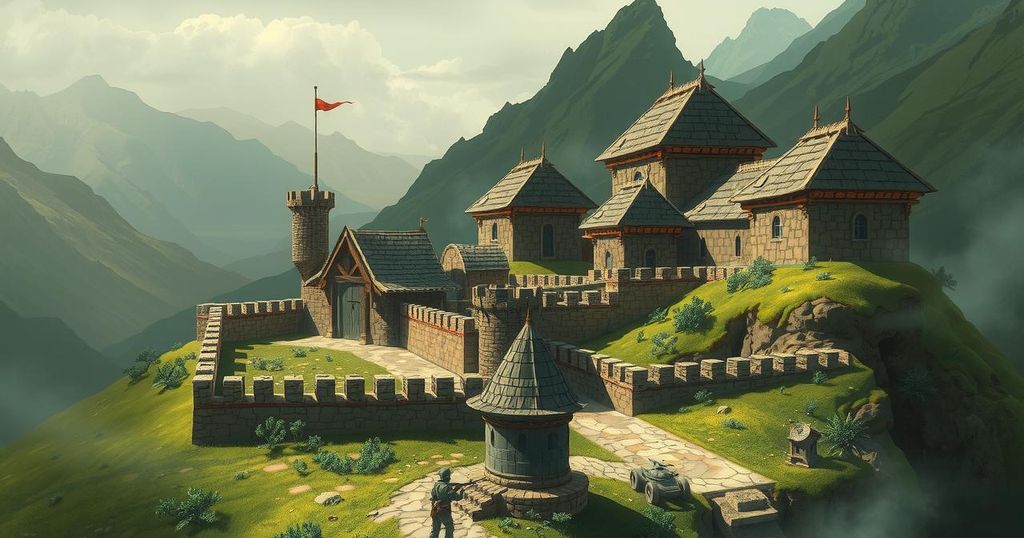The DRC army, with the help of Wazalendo allies, successfully halted M23 rebel advances towards Walikale-Centre. Following military reinforcements, calm returned to the area, though residents have evacuated to nearby villages. Furthermore, EAC and SADC ministers met to create a roadmap for resolving the conflict, omitting direct mention of Rwanda’s support for M23. The roadmap calls for ceasefire talks and humanitarian access.
Recently, tensions escalated in Walikale-Centre, Democratic Republic of Congo (DRC), as M23 rebels advanced towards the area. However, the DRC army, alongside allied forces known as Wazalendo, effectively halted the rebel advance, pushing them back to Mpofi on March 17. Military reinforcements from Bunia played a crucial role in this operation, which protected the town of Mutakato from being captured.
Following this conflict, relative calm returned on March 18, though the region remains heavily militarized, with civilians largely absent from the streets. Many residents have fled towards safer villages along the national highway to Kisangani, seeking refuge in locations such as Losso, Mungele, Tingitingi, Lubutu Mubi, Ndjingala, Lobu, and Makana, located along the border of North Kivu and Maniema.
In a related development, ministers from the East African Community (EAC) and Southern African Development Community (SADC) convened in Harare, Zimbabwe on March 17. They adopted a roadmap aimed at addressing the ongoing conflict in Eastern DRC, although Rwanda was not explicitly mentioned as a supporter of the M23. Originally scheduled for February 28, this meeting was postponed at the last moment.
The adopted roadmap outlines both immediate and long-term initiatives to resolve the conflict, necessitating direct military dialogue to achieve an unconditional ceasefire. Other steps include ceasing hostilities, facilitating humanitarian access, and reopening Goma and Kavumu airports to allow for the uninterrupted evacuation of individuals from conflict zones.
Furthermore, the SADC-EAC will establish a joint verification mechanism to oversee compliance with the ceasefire and monitor the humanitarian situation. Although Rwanda’s involvement with M23 was not acknowledged in the communique, numerous UN reports indicate the Rwandan army’s active participation in efforts to seize territory in North Kivu province.
The tumult in Eastern DRC has spanned decades, worsened by historical complexities resulting from the 1994 Rwandan genocide. The DRC has consistently accused Rwanda of attempting to exploit its natural resources. The events surrounding Walikale-Centre illustrate the ongoing conflict dynamics, alongside the DRC army’s resilience in thwarting rebel advancements and international efforts to mediate the situation.
The Democratic Republic of Congo army, with assistance from Wazalendo allies, successfully repelled M23 rebels from advancing towards Walikale-Centre, illustrating the ongoing struggle within the region. As international entities seek to mediate through established frameworks for dialogue and ceasefire verification, the situation remains precarious due to long-standing tensions, particularly surrounding Rwanda’s alleged involvement in supporting M23. The effort to stabilize Eastern DRC continues amidst the humanitarian crisis faced by fleeing residents.
Original Source: humanglemedia.com




